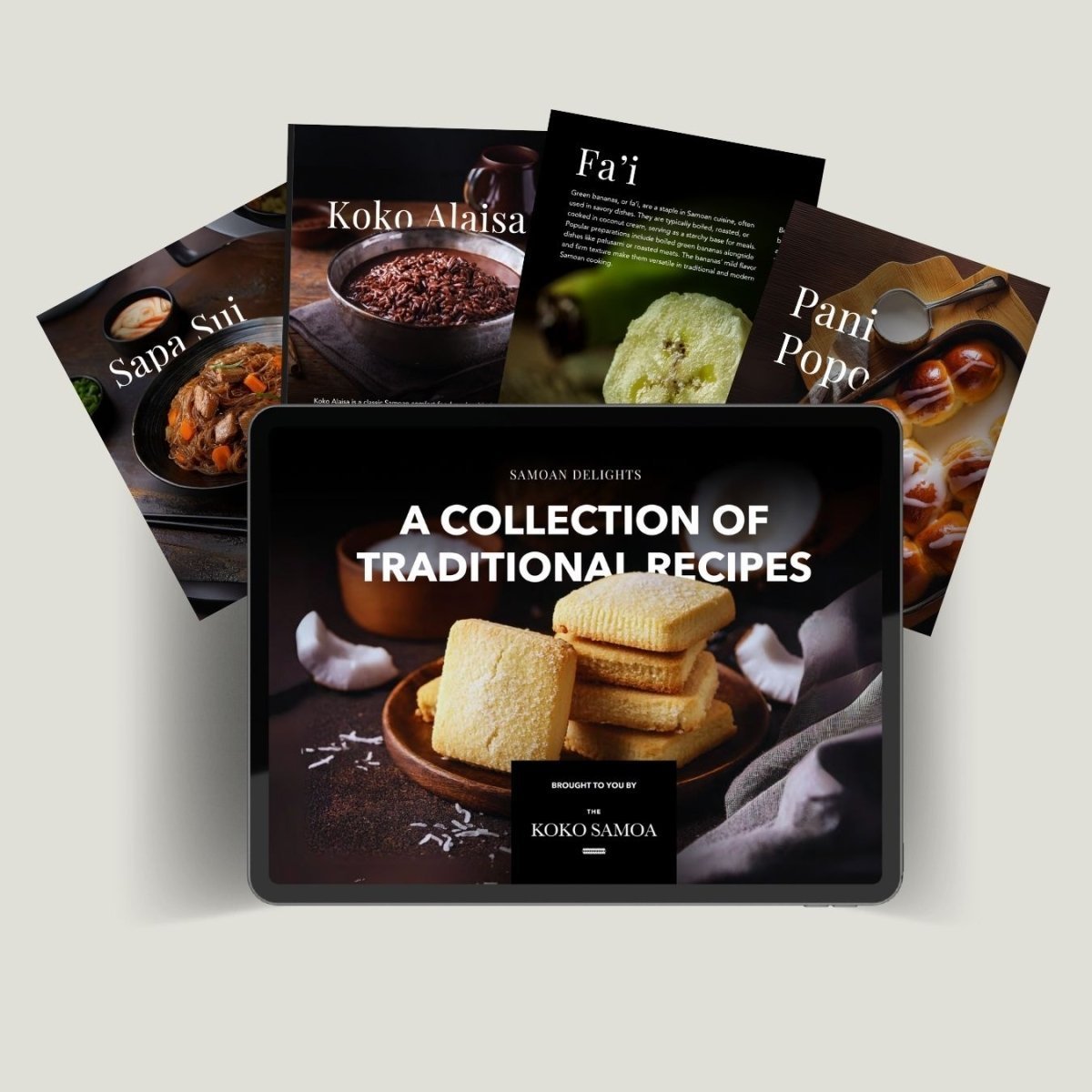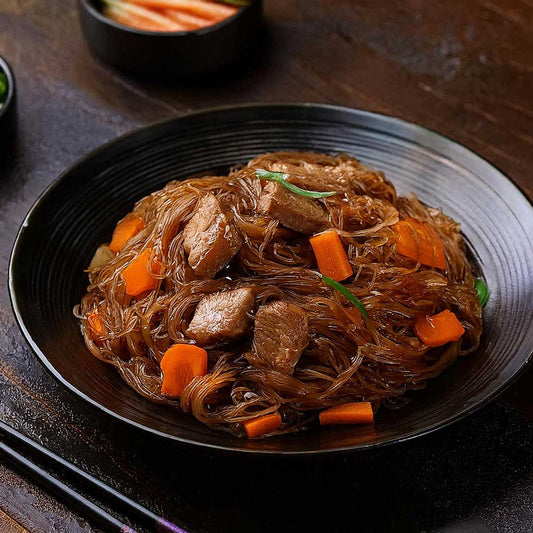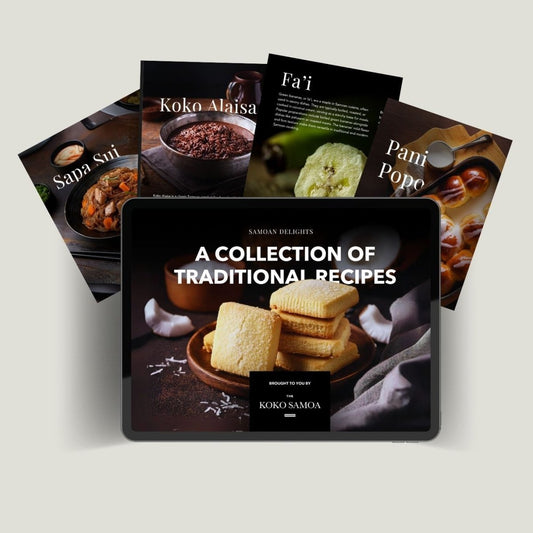4 Must Know Menopause Food Tips

It can be challenging to eat healthy food at any time of the year, but some seasons can make it especially difficult. Any hot flashes, mood swings and sleep loss you may be experiencing can easily compound the indulgence of holiday treats, in cold weather and lack of daylight, not to mention holiday stress. It's a perfect storm of temptation luring us into the arms of our favourite comfort foods.
Yet, the weather is not the only element making it harder to eat healthily. Taking care of ailing parents, encountering new health problems, family stresses, or a low mood as a result of decreasing estrogen levels may all have unseen effects on our consuming habits. Thankfully, there are four nutrition 'need-to-knows' to help you decide which foods to eat and which to avoid during menopause, to help this transition go as smoothly as possible and keep you feeling your best.
1.
The best superfoods to eat during menopause
Superfoods are “super” because they provide more than just nutrients. These bioactive foods are rich in nutrients and contain other beneficial compounds such as antioxidants, fiber, and important fatty acids.
• Acai
• Almond
• Avocado
• Barley
• Blueberries
• Broccoli
• Brussels Sprouts
• Cacao
• Chia seeds
• Eggs
• Garlic
• Goji
• Green tea
• Kale
• Kefir
• Mangosteen
• Millet
• Oats
• Pomegranate
• Quinoa
• Salmon
• Seaweed
• Spelt
• Wheatgrass
2.
Which foods and drinks to avoid during menopause
You already know that hot and warming beverages should be avoided during menopause, as you have enough internal temperature disruptions to worry about. However, keep in mind these food and drinks to avoid as well:
• Red meats
• Cheese
• Processed meats (like bacon and sausage)
• White bread
• White rice
• Potatoes
• Fruit juices
• Milk
• Dairy
• Caffeine
• Alcohol
A healthy diet is all about variety and moderation; you can still enjoy your favourite comfort foods, as long as they’re viewed as a treat, rather than a regular indulgence.
3.
Key Nutrients to be mindful of during menopause
Due to the body’s decreased ability to absorb essential nutrients, menopause brings new health concerns for women. While estrogen fuels many biological processes in our bodies, the decline of this vital nutrient can affect a range of things in the body, including how well our digestive system absorbs and processes the nutrients we eat in our diet.
There are four nutrients, in particular, to keep an eye on as we age and go through menopause: vitamin B12, magnesium, calcium, and vitamin D. Each play a specific role in our health and are found in varying quantities in our food. There are a few reasons why these particular four stand out:
• Menopausal women are less likely to absorb naturally occurring vitamin B12
• Magnesium helps supports nerve, heart, muscle, and bone health
• Low magnesium intake has been associated with less sleep in women
• Vitamin D helps support bone and muscle health
• Women over 50 are recommended to consume 1200 mg of calcium each day
• Vitamin D helps support calcium absorption in the body
4.
Herbal Teas and Tisanes for menopause
The hormonal changes that occur during perimenopause can be eased by drugs. For many women, drugs are not the best option. If you are looking for a less expensive alternative, teas can be a healthy and effective method of treatment.
-
Black cohosh root
Black cohosh root has been found to reduce vaginal dryness and hot flashes in menopausal women. Research suggests that it’s most effective for women who experience early menopause. -
Ginseng
Ginseng has been proven to help reduce the occurrence and severity of hot flashes and night sweats in menopausal women. Recent research has even found that it can help postmenopausal women lessen their risk of cardiovascular disease. -
Chasteberry tree
Chasteberry tree has been found to treat premenstrual symptoms, but cold-brewing the tea can also help reduce breast pain (mastodynia) and hot flashes in perimenopausal women. -
Red raspberry leaf
Although red raspberry leaf tea hasn't been linked to easing common perimenopause symptoms, it is an effective solution for reducing heavy menstrual flows, especially those that come when going through menopause for many women. This tea is generally considered safe to take during perimenopause and into menopause. -
Red clover
Used primarily to treat hot flashes and night sweats in women going through menopause, red clover has also been used to effectively treat high blood pressure, improve bone strength, and boost immunity. It’s generally agreed to be safe. -
Dong quai
Dong quai tea helps to balance and regulate estrogen levels in women going into menopause, helping to reduce or alleviate them depending on your hormone imbalances. -
Valerian
Valerian root provides health benefits including the treatment of insomnia, anxiety, headaches, and stress. It has also been an option for women entering menopause due to its ability to reduce hot flashes. -
Licorice
Licorice tea can help reduce the occurrence of hot flashes — and how long they last — in women entering menopause. It can also have estrogen-like effects, and it may very well be effective in improving respiratory health and reducing overall stress. -
Green tea
A 2009 study has revealed that green tea can be a suitable way to fortify bone metabolism and decrease the chance of bone fractures, especially in women going through menopause. -
Cacao husk tea
Cacao tea is made from the fibrous outer shells of cacao beans, and when these husks are steeped in water, they gradually create a drink that tastes much like chocolate. In addition to the health benefits that cacao is believed to have, cacao tea is also environmentally friendly.

















